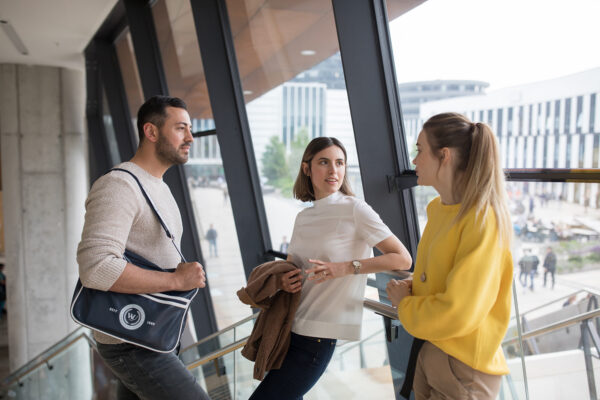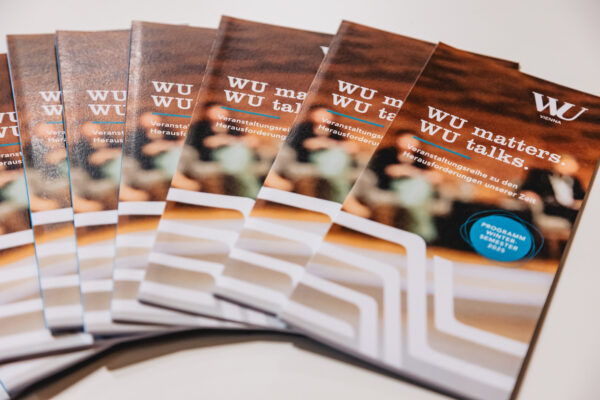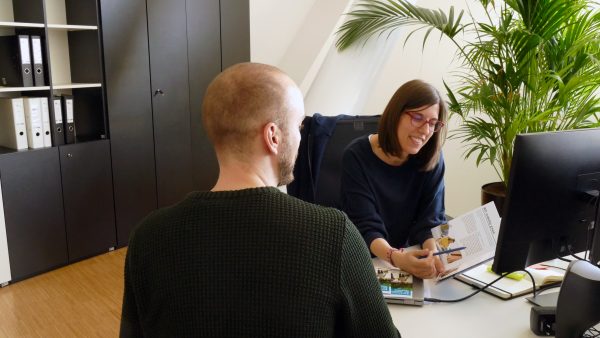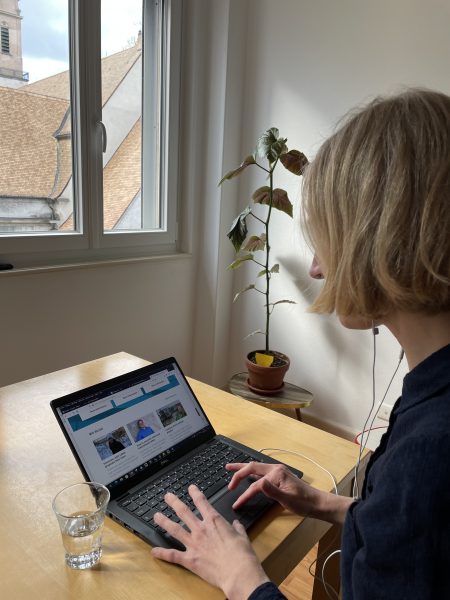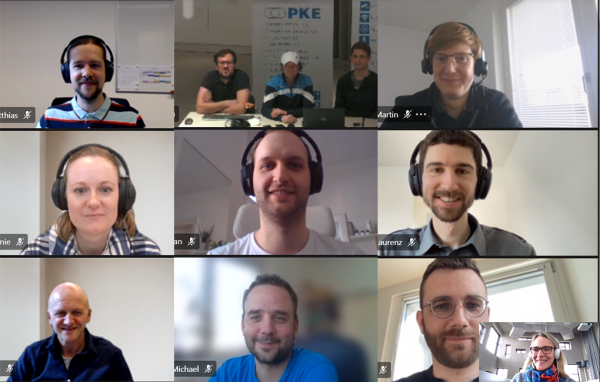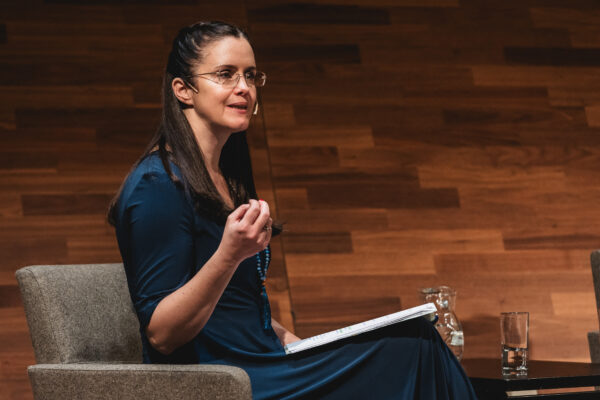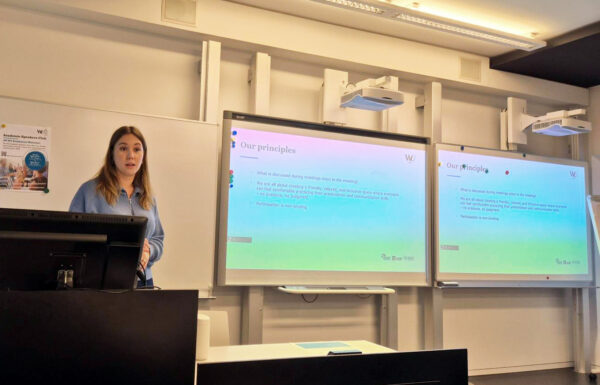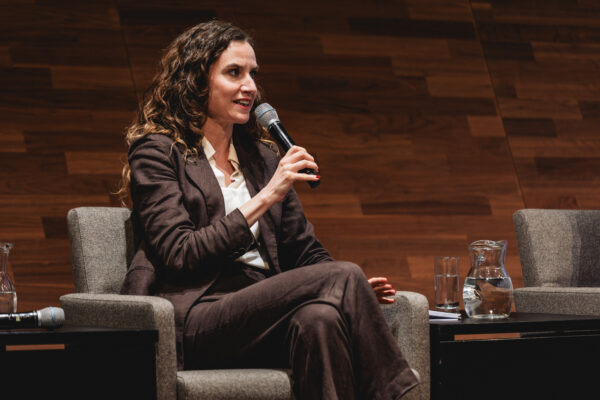Study Skills | Take breaks for better learning outcomes
Good – I.e. effective and successful – learning requires a variety of skills. The ability to focus, to have a calm mind to be able to take in input, good time management, and so on. There will be workshops on some of these topics at the upcoming Student Wellbeing Days on April 8 and 9 to support you in your learning. One aspect that we tend to forget about is taking a break. We would like to dedicate the following article to this topic.
Be honest, how often do you take breaks?
When we take a break, we may think we are doing nothing or not doing what is important. However, a lot of things are going on in our bodies during breaks that we need to digest and integrate information. Just as the body needs some time after eating to break down the ingredients and differentiate between what it can absorb and what is less relevant, we also need breaks when learning in order to digest what we have absorbed. In this sense, pauses are a necessary and essential part of the learning process. Scheduling breaks in your own calendar can be helpful.
How is it for you? Do you consciously include pauses in your study schedule?
Are breaks real breaks?
When we notice that our heads are unable to take in more information, it’s good to take a break. Pursuing other activities during the break can help to clear your head space. A walk in the Prater or a coffee break with friends can be a welcome change that gives us more energy and makes us feel better.
However, it is not necessarily easy to enjoy the break and make the most of it. Perhaps you feel guilty that you should be productive so close to exam week? Taking a break can also be misinterpreted as having too little drive or not taking your studies seriously.
Perhaps one of the most tempting and least relaxing ways of taking a break is taking time-out from studying by grabbing your smartphone and browsing social media. This keeps the brain busy and prevents it from recovering. The material you feed your head may be entertaining, but your brain is still absorbing input – the cognitive load remains high.
How about you? Are you able to enjoy pauses without feeling guilty?
Why pauses are important for studying
In his book “Rest – Why you get more done when you do less”, Alex Soojung-Kim Pang describes the advantages of taking naps:
Why do naps do you good? The most obvious benefit of napping is that it increases alertness and decreases fatigue. A short nap of around twenty minutes boosts your ability to concentrate by giving your body a chance to restore depleted energy. But regular naps – the habit, not just a single nap – have other benefits. Regular napping can improve memory. Just as the brain uses a good night’s sleep to fix memories, so too does it use naps to consolidate things you’ve just learned. Neuroscientist Sara Mednick found that napping for an hour or more during the day-a nap long enough to allow one to dream- improves performance on memory and perceptual tasks.
That’s pretty impressive, don’t you think? And this statement might be a nice invitation to include conscious pauses into your regular university and study days.
Where are good places on campus for you to take a break? What activities allow you to recharge your batteries?
If you need a break from studying in the library, where is a good place for you to hang out or retreat? It’s good to try out different ways for clearing your head and recharging your batteries. Some people find movement helps best, others prefer some quiet time in the chill-out area and shuteye. Some people recharge better when they are alone, others prefer social connection and feel refreshed after hanging out with peers.
If you know your preferred rest strategies, you can start using them more effectively when you feel low in energy.
Study Skills workshops at the Student Wellbeing Days 2024
Would you like to boost your study skills? On April 8, WU students have the possibility to participate in short workshops during the Student Wellbeing Days:
- Strategies for effective learning | April 8 | 2:00 – 3:30 pm | with Christine Leitl-Kovacic
- Clearing my mind – So that I can start learning | April 8 | 14:00 – 15:30 Uhr | with Stefanie Mackerle-Bixa
- Writer’s block? – No problem! | April 8 | 16:00 – 17:30 Uhr | with Daniel Kufner
- When learning is a struggle. A peer group | April 8 | 14:00 – 15:30 Uhr | with Maria Ebner
Here you can find the entire program for the Student Wellbeing Days 2024.




